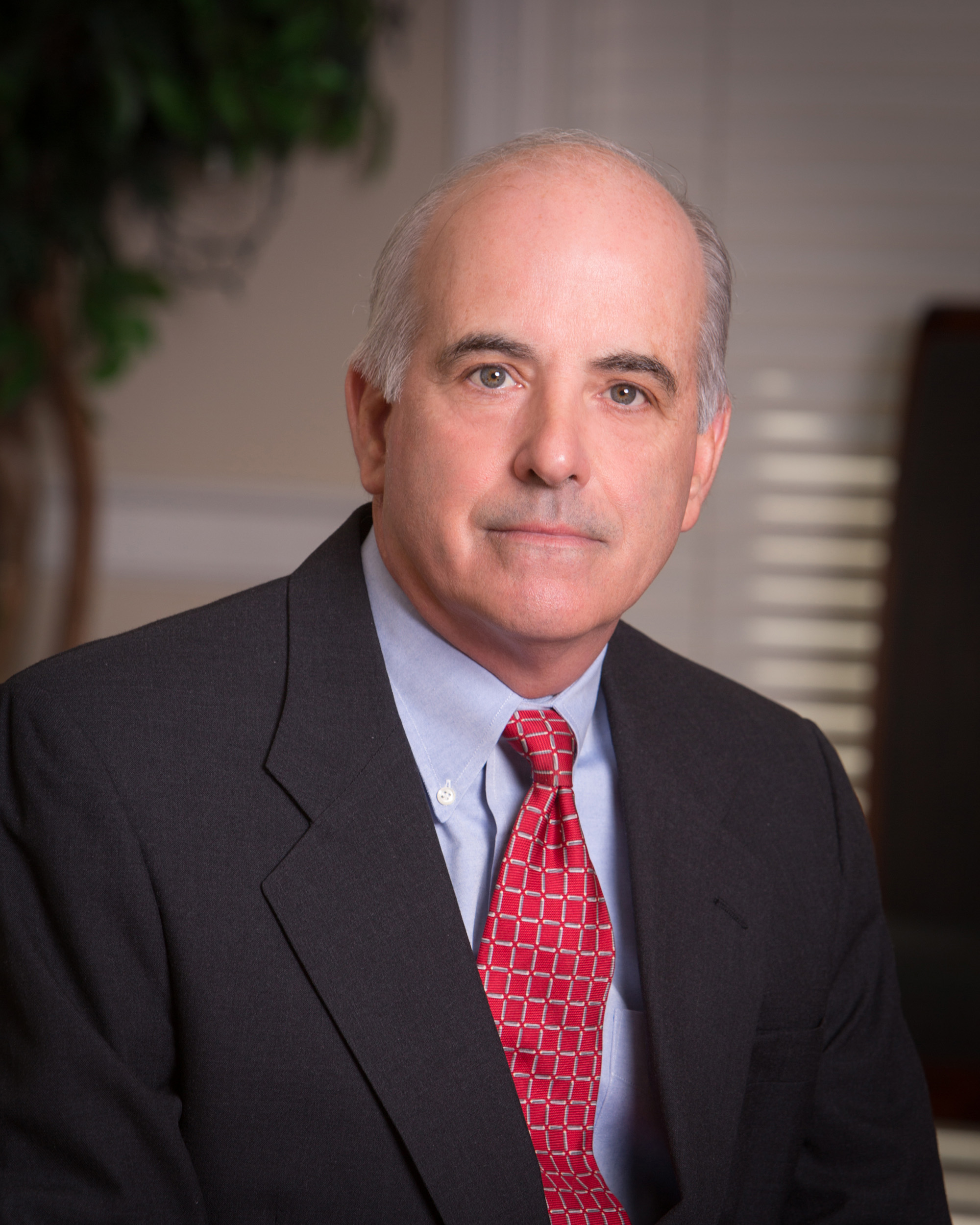JOSEPH H. NEELY
Few persons have had the opportunity to view the banking industry from the combined perspectives of a community banker, a banker’s banker, a state banking supervisor, and as a federal regulatory official and policy maker. Joe Neely has served in all capacities as a career banker, founder of a banker’s bank, Commissioner of Banking for the State of Mississippi, and Director of the Federal Deposit Insurance Corporation. He has the rare experience of opening a bank as a banker – and closing a bank as a regulator.
Through Neely and Associates, he serves as an expert witness in various banking and regulatory related litigation. He additionally provides consulting and advisory services to community banks on a variety of strategic and regulatory issues.

